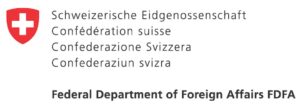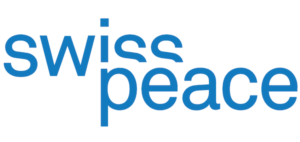The central Sahel region—Burkina Faso, Mali and Niger—is facing a severe humanitarian and protection crisis.Massive displacement, most of it driven by intense and largely indiscriminate violence perpetrated by a range of armed actors against civilian populations, is taking place across the region. While internal displacement is on the rise substantial numbers of refugees have fled to neighboring countries, and the situation risks spilling over into the coastal countries of Benin, Côte d’Ivoire, Ghana, and Togo.
Local communities have demonstrated remarkable generosity but are at a breaking point. National capacities are overwhelmed, and international support has been disproportionately dedicated to security assistance, with limited resources being made available for urgently needed humanitarian and development activities.
This context is exacerbated by the COVID-19 pandemic, which is already affecting areas hosting refugees and IDPs. Despite a low number of tests and cases detected so far, the steady increase of infection rates indicates a forthcoming emergency that far exceeds the capacity of national health sectors. The immediate socio-economic impact will have longer-term consequences for food security and access to services and livelihoods throughout the Sahel region, disproportionately impacting displaced populations and jeopardizing durable solutions.
Coupled with the just starting lean season, which is predicted to be one of the most serious in decades, this situation will likely generate further large-scale displacement of populations within the region and beyond: possibly southward to coastal countries, as well as northward to North Africa and Europe.






